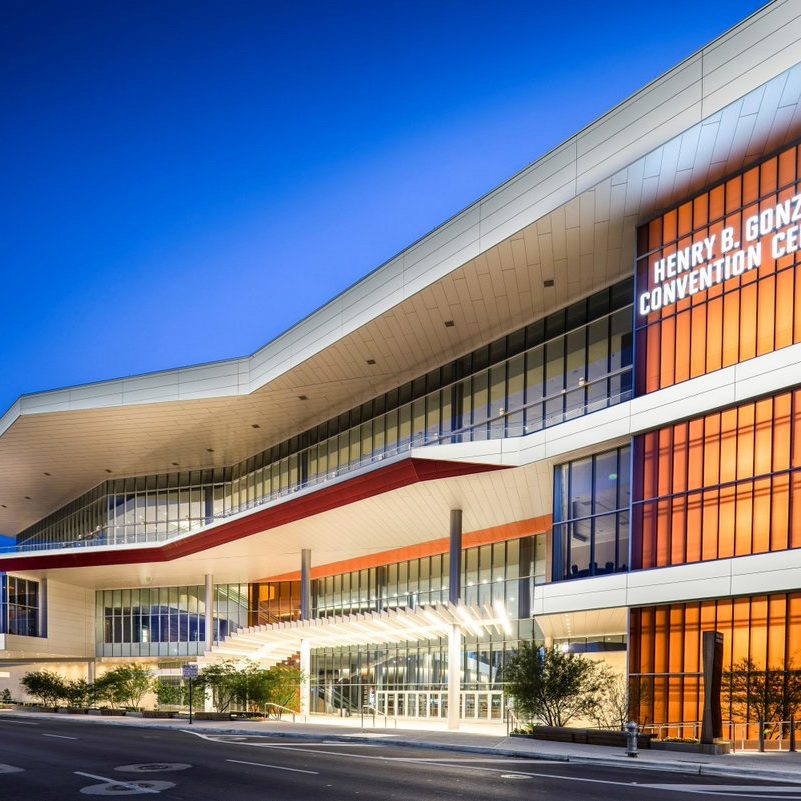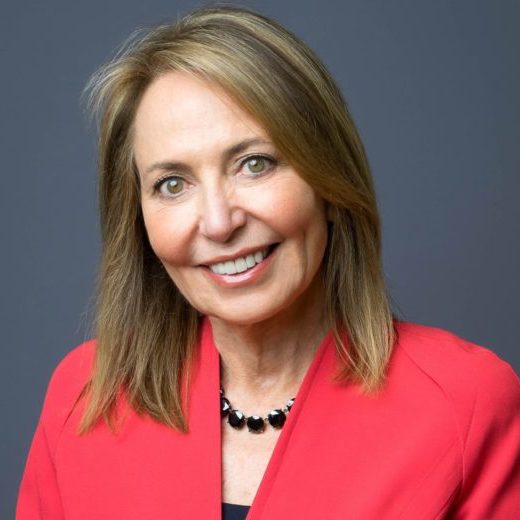Monday, October 25, 2021
Tuesday, October 26, 2021
Morning Keynote: 11:00-11:45 AM ET
Transforming Toward Equity-Centered, Whole-Child Personalized Learning
To achieve the transformation we need today, education systems must be willing to embrace and act on implementing the scientific research that describes how children learn and develop. The science of learning and development shows that building each child’s knowledge and skills —and, ultimately, expressing each student’s full potential—can be significantly influenced through powerful, personalized, culturally-affirming learning environments that focus on whole-child design. Today, insights from brain science align with what many parents want for their kids, and what many teachers have been saying for years: that we can create a system that recognizes all children as individuals, a system that values their assets and supports them to see a future where they can excel in myriad ways.
Although an education system should aim to give every student opportunities to learn and thrive, our current education system has not been designed to do that. It has not been designed to promote the equitable opportunities or outcomes that children and families deserve and that our democracy and society need now. Our system was designed for a different world and to a different purpose—to prepare students en masse for presumed places in society. In that world, it was believed that talent and skills were scarce, that averages were a measure of individuals, and racist beliefs and stereotypes shaped the system such that only some children were deemed worthy of and offered opportunity.
Join this keynote conversation to learn about transforming education systems toward equitable, whole-child personalized learning through five actionable design principles that can become the foundation for a new approach to education in your learning community (from the Design Principles for Schools: Putting the Science of Learning and Development Into Action playbook):
-
- Positive Developmental Relationships
- Environments Filled with Safety and Belonging
- Rich Learning Experiences and Knowledge Development
- Development of Skills, Habits, and Mindsets
- Integrated Support Systems
These design principles do not suggest a single design or model, but rather systemic change that supports equity for all students and the development of the full set of skills, competencies, and mindsets that young people need to live, have choice and voice and thrive.
Facilitator: Susan Patrick, President and CEO, Aurora Institute

Linda Darling Hammond,
Keynote overview and Speaker Bio – Lorem ipsum dolor sit amet, consectetur adipiscing elit. Curabitur feugiat lobortis lacus nec tincidunt. Nullam molestie blandit elit, ut dapibus. Lorem ipsum dolor sit amet, consectetur adipiscing elit. Curabitur feugiat lobortis lacus nec tincidunt. Nullam molestie blandit elit, ut dapibus. Lorem ipsum dolor sit amet, consectet. Lorem ipsum dolor sit amet, consectetur adipiscing elit. Curabitur feugiat lobortis lacus nec tincidunt. Nullam molestie blandit elit, ut dapibus. Lorem ipsum dolor sit amet, consectetur adipiscing elit. Curabitur feugiat lobortis lacus nec tincidunt. Nullam molestie blandit elit, ut dapibus. Lorem ipsum dolor sit amet, consectet.
Lorem ipsum dolor sit amet, consectetur adipiscing elit. Curabitur feugiat lobortis lacus nec tincidunt. Nullam molestie blandit elit, ut dapibus. Lorem ipsum dolor sit amet, consectetur adipiscing elit. Curabitur feugiat lobortis lacus nec tincidunt. Nullam molestie blandit elit, ut dapibus. Lorem ipsum dolor sit amet, consectet

Pamela Cantor, M.D., Founder & Senior Science Advisor, Turnaround for Children
Pamela Cantor, M.D. is a child and adolescent psychiatrist, author, and thought leader on human potential, the science of learning and development, and educational equity. In the aftermath of the 9/11 attacks, she founded Turnaround for Children, which translates scientific insights into tools and services that help educators establish the conditions for all students to thrive. In two books published in 2021, Whole Child Development, Learning and Thriving: A Dynamic Systems Approach and The Science of Learning and Development, Dr. Cantor crystallizes key scientific concepts about how human potential and learning unfold so that anyone seeking to open pathways for learning and opportunity for young people can do so. Dr. Cantor is a governing partner of the Science of Learning and Development Alliance, focused on elevating the science of learning and development as an actionable drive of equity in education. She received an M.D. from Cornell University, a B.A. from Sarah Lawrence and was a Visiting Scholar at the Harvard Graduate School of Education.
Wednesday, October 27, 2021
Keynote: 11:00-11:45 AM ET
Former Students: Where Are They Now?
Each year at the Aurora Institute Symposium, youth take the stage for an unfiltered conversation about what’s working in personalized, competency-based design efforts and offer guidance to set a path for the future of teaching and learning. This year, we are inviting some of those former student panelists back to the stage for a glimpse into their lives and to understand how their student-centered educational experiences shaped who they are today. Join this keynote plenary to learn what has prepared them to be successful change makers in today’s world and how we might recreate those experiences for today’s youth.
Facilitator: Loretta Goodwin, Chief Operating Officer, Aurora Institute
Closing Keynote: 1:45-2:45 PM ET
The Time Is Now: Students Take the Driver’s Seat to Share Reflections on the Past to Inform Innovative, Student-Centered Education Transformation for the Future
We are at an inflection point. Ensuring student success requires a radical shift, one that prioritizes student-centered learning and students as agents. Join Jemar Lee — a young, nationally respected advocate for learner-centered education and an educational entrepreneur — in conversation with four high school students. Learn from the students’ experiences over the past 20 months, realizations from remote learning, and aspirations for the future of school that adequately meets their needs.
Student Panelists:
- Torin Hodgman, Student, Grand Rapids Public Museum School
- Mark Holden, Student, Ponaganset High School
- Daniella Munoz, Student, PSI High
- Zoey Young, Student, Iowa BIG
Facilitator: Jemar Lee, Fellow, Education Reimagined